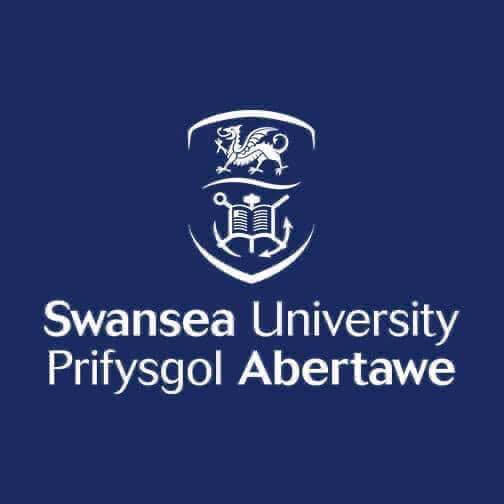fees waived
Physics, BSc (Hons)
Swansea University, United Kingdom
Ranking in UK
Physics
Physics and Astronomy
Physics and Astronomy
Costs
food & rent S$17.1K / year
Entry requirements
Scholarships
Limited quantity
Limited quantity
Limited quantity
Information
Code
Code
Intakes
Website (External)
Programmes
Information
Duration
2028
Physics is a dynamic field that explores fundamental questions about the universe, from subatomic particles to cosmic expanses. Graduates find opportunities in sectors like academia, government research, aerospace, energy, engineering, and beyond, with many transitioning to roles in IT, finance, or environmental services. Based at our scenic seafront campus near the Gower Peninsula, students can engage in flexible modules including astronomy, quantum mechanics, electromagnetism, and climate physics. The programme offers three-year (F300) and four-year options with industry placement (F478) or study abroad (F302), plus a foundation route (F301). Facilities include advanced tools like scanning probe microscopy, laser spectroscopy, and a high-performance computer cluster, complemented by project supervision, small-group teaching, and CERN opportunities. Notable alumni include Professor Lyn Evans and Professor Peter Higgs.The curriculum spans dynamics, waves, and quantum theory in Year 1; statistical physics, quantum mechanics, and electromagnetism in Year 2; and advanced topics like nuclear physics, cosmology, and research projects in Year 3, with options for Welsh study. Assessment involves lectures, lab work, problem-solving sessions, online modules, lab diaries, scientific reports, and final-year dissertations or presentations, fostering practical and analytical skills.
In Year 1 your modules may include Dynamics, Oscillations and Waves; Astronomy and Cosmology; Physics of Fields and Matter; Essential Skills for Physicists; the Quantum World; Mathematics for Physicists; and Laboratory Physics, which can be studied in English or Welsh. In Year 2, modules may include Statistical Physics; Physics Simulation; Quantum Mechanics; Mathematical Methods in Physics; Condensed Matter Physics; Electromagneticism and Special Relativity; Particle Physics; and further Laboratory Physics, which can be studied in English or Welsh. In Year 3, you will study modules covering Quantum Mechanics; Atomic Physics; Condensed Matter Physics; Quantum Optics; Particle Physics; Nuclear Physics; and Climate Physics; as well as research skills and a project in English or Welsh. There are also optional modules, such as General Relativity; Cosmology; Modern Laser Systems; Astrophysics; and Teaching Physics via a School Placement.
A local representative of Swansea University in Singapore is available online to assist you with enquiries about this course.

